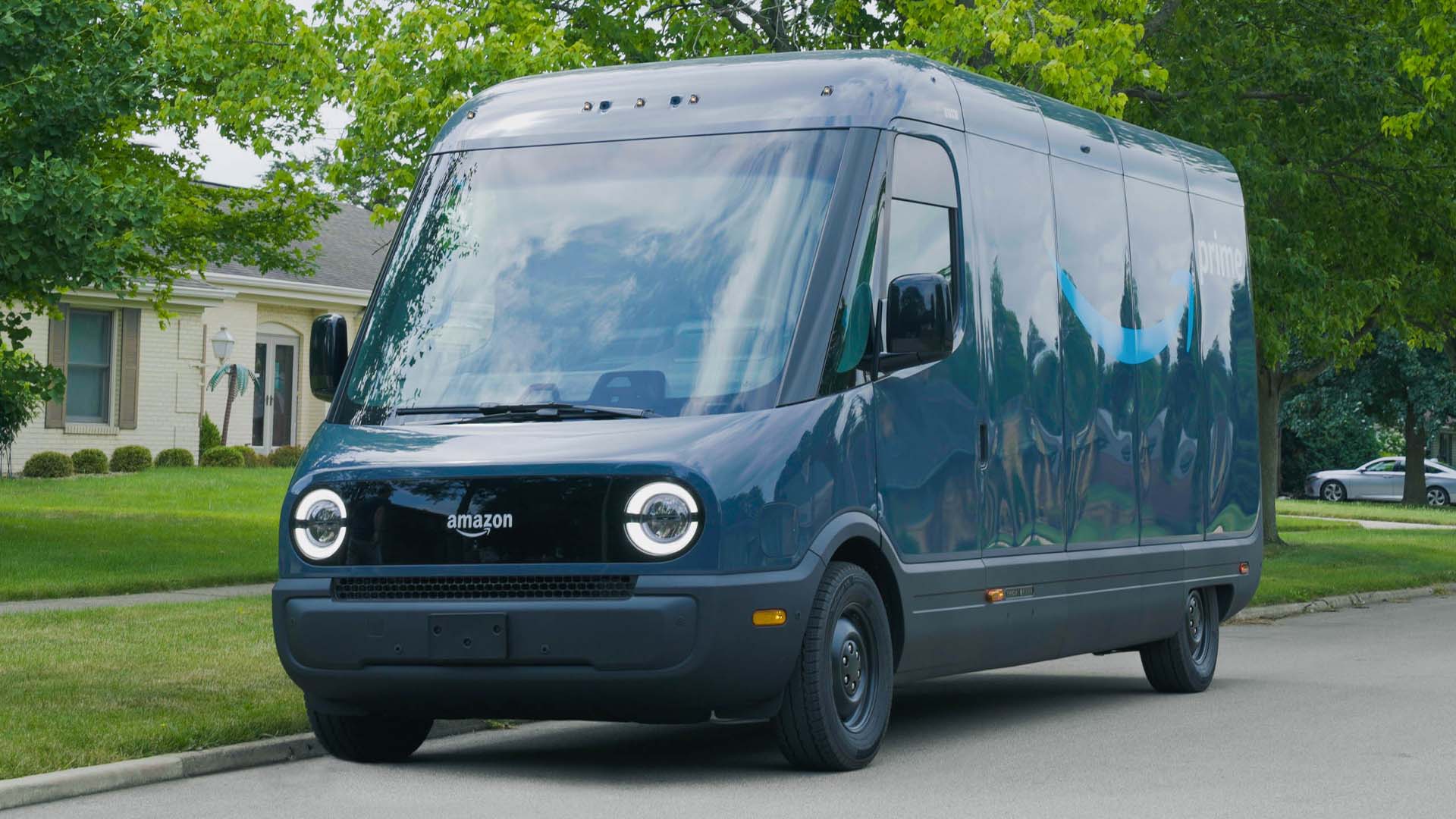

Rivian and Mercedes-Benz have formally been penned a pact with the intention of building battery-powered vans together.
News of the agreement broke on Thursday as the duo signed a memorandum of understanding to prepare for the finalization of its Europe-focused joint venture. While no official timeline has been announced, the partnership must still be finalized before it is vetted by regulators. Should all go according to plan, it would help both brands establish an even firmer footing in the electric van space.

Under the agreement, Rivian and Mercedes-Benz would build and operate a new facility in Europe—a first for Rivian—that produces vehicles for both automakers under the same roof.
At least two large vans would be designed and built in turn. Rivian says that one vehicle will be based on Mercedes’ VAN.EA architecture and the other on the second-generation Rivian Light Van (RLV) platform. Presently, Mercedes builds several battery-powered vans on its own and is expected to launch an all-new electric Sprinter next year. It also plans to electrify its lineup of mid-size and large vans built on its new VAN.EA architecture beginning in 2025. This would mean that Rivian’s involvement in the manufacturing process could help to accelerate its transition to more widespread electrification, as well as soften the financial along the way.
The deal does provide Rivian with a significant advantage, as it positions the brand with its first manufacturing footing outside of the United Startes. Rivian notes in its press release that one of the partnership’s goals is to split manufacturing costs between the two companies.

Mathias Geisen, head of Mercedes-Benz Vans, says that the partnership enables the two automakers to share technologies, but doesn’t expand on whether the sharing extends past the manufacturing process and into the vehicle development stack. Rivian notes that the agreement potentially opens the door to “increased synergies” between them moving forward. Regardless, it seems that Rivian has something up its sleeve that was more attractive to Mercedes over a potential offer from Tesla CEO Elon Musk made in November 2018.
Meanwhile, Rivian is gearing up to begin sales of its existing electric delivery van to customers other than its major backer, Amazon, starting next year. The company is reportedly struggling to balance the production ramp-up of its commercial and passenger vehicles, so adding new fleet customers and a separate international production facility could prove to be challenging. It’s worth reiterating that this venture is reportedly focused on European vehicles, though an expansion to the U.S. could be possible in the future.
Got a tip or question for the author? Contact them directly: rob@thedrive.com